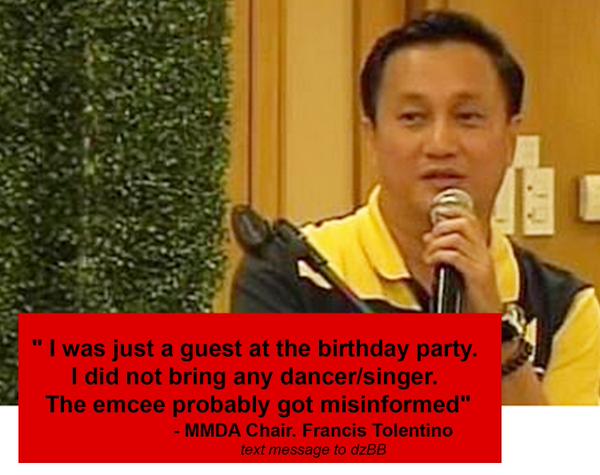The future of citizen media #4M2014
Publishing, which was once the exclusive realm of traditional media, has found its way into the homes of netizens. This was confirmed at the 1st Future of Media that Blog Watch and the Philippine Online Chronicles organized early this year. One of the questions tackled at the 4M Informing the Web: Journalism and Social Media, recently held in Jakarta, asked , “What is the future of South East Asia Media”? One thing we know for sure is that change is inevitable. So much has happened in the last three to five years in media.
Citizen Media
Digital revolution is disrupting old media, and that we know for sure. I’d like to focus on what the future is for the netizens that use citizen media. The term citizen media “refers to forms of content produced by private citizens who are otherwise not professional journalists”. In 2009, when Blog Watch was created, traditional media referred to bloggers like myself as a “citizen journalists” . I know these are just labels but the burden of “journalist” next to “citizen” brought expectations that we should meet journalistic standards. My friend , Jane and I believed that Blog Watch is best known as being an advocate of change. It is the very same reason we call ourselves, “citizen advocates” using citizen media platforms like this one I am writing on.
Insights into media and digital revolution
One of the speakers , Benoît Thieulin, President of the CNNum and Director of Lanetscouade.com provided some perspectives on “ Media and Online Revolutions : Innovations, trends and Future”. This was one of the interesting topics that give insights to the future of South East Asia media. Some of my ASEAN neighbors do not have the same freedom of speech I enjoy in the Philippines. I know it is just a matter of time that freedom of speech will be part of their future of media. These are just three of the many points cited by Benoît Thieulin at the 4M Jakarta Forum.
1. Digital tools offer transparency and empower citizens
Together with fellow bloggers, we launched Blog Watch in 2009, initially as a voters’ education project . We have been using social networking sites and multimedia platforms to convey underplayed stories through news articles, opinion editorials, photos, videos, podcasts, and social media engagement.
The power of citizen media will increase through digital applications (apps), more collaboration with netizens and traditional media as well as the support of full-service agencies, digital marketing organizations, and foundations. The “Internet has opened up spaces for grassroots movementsto emerge and seek political and social empowerment through the Web.”
2. The digital provides tools to develop renewed investigative journalism stories
Benoît Thieulin stressed that “Old media is dead, but not journalism (but we live a reinvention of journalism and (h)activism)” . We live in the golden age of journalism with the revival of investigative journalism. It is no wonder that the Philippine Center of Journalism or PCIJ continues to train journalists and bloggers . “Governance by the Numbers: Investigative Reporting and Numeracy Advanced Investigative Reporting Training-Seminar” encourages us to use these game changers: Data journalism, data driven journalism, database journalism, open data, open journalism, and open government. There will be tools and apps to analyze data but journalism should always come ahead of data. The data should assist , not overwhelm the story telling.
3. Media convergence, a tool for market integration in the media?
All media platforms equally share an important role. Convergence is possible. It had also been discussed in the 1st Future of Media that the “role of traditional media will shift from bringer of news to explainer/moderator of news amid ever increasing use of social media”. Traditional media will be moderators instead of bringers of news and to verify, make sense of it all, to clarify, and to explain. The point of convergence will be shifting from analog to digital TV in the next five years. The beauty of digital TV broadcasting is the ability to embed data.
The Future of Blog Watch Citizen Media
Do I continue to see myself using social networking sites and multimedia platforms to convey underplayed stories through news articles, opinion editorials, photos, videos, podcasts, and social media engagement?
What is the future of this site? What is the future of Blog Watch? What is the future of citizen media or citizen journalists?
The challenge is to find ways to work together. The challenge is how to let go of what made you successful in the past and to look at the future.“ The future of the media will have (and already has) to combine with the future of the Internet”, Thieulin added. As I look to the future of media, it is the future of the Philippines that comes to mind. The future depends on what citizens can do today. Blog Watch will be a witness, participant and a driving force in the evolution of a culture of powerful citizens’ advocacy as we continue to bridge the digital divide.
Screencaps via Benoît Thieulin slide presentation on Media and digital revolution. Photos by Noemi Lardizabal-Dado. Some rights reserved.
This was originally posted at Blog Watch, Philippine Online Chronicles.






